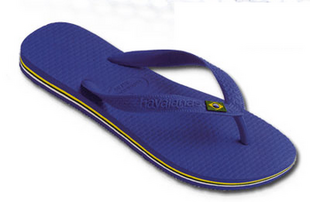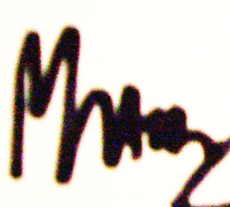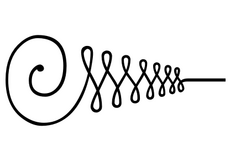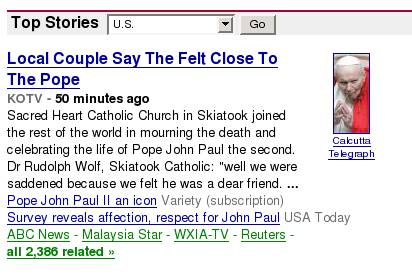The long-standing motto of the Ethiopian tourism committee is "13 months of sunshine." Most people think that this is cute hyperbole. It’s not. Ethiopians use a calendar that includes 12 30-day months followed a 5 or 6 day holiday month. Even during the rainy season, it’s always sunny.
Sounds confusing, right? It’s only the tip of the iceberg.
The Ethiopian calendar is also seven and a half years behind the Gregorian calendar. Any computers in Ethiopia that use the Ethiopian calendar have yet to confront their Y2K problems. Dates on passports are all written twice.
And if that wasn’t enough, the clock is also six hours different. The day is split into twelve numbered hours of sunlight and twelve numbered hours of a night. The sun rises at 1 in the morning (7AM in the west) and sets around 12:59 in the night (6:59PM or 19 in the west). It works because Ethiopia is roughly equatorial.
You can read more about all of these different systems here.
While they systems are interesting in themselves, it’s when the Ethiopian and Western systems collide that things really get fun. Most Ethiopians’ prefer their own time and date systems but know that the rest of the world does not. Since it’s pretty easy to distinguish Ethiopians from many Westerners, Ethiopians will sometimes give foreigners the time, date or year of an event, date, or appointment in Western time. Sometimes.
As a foreigner, every time an Ethiopian gives you a year number or a numerical month/date birthday, you need to ask whether it’s Ethiopian or Western time. Every time you plan an appointment or a date, you need to make sure that when you agree which system you are using. If you agree to meet at 2, you need to insure that both parties are thinking of the same 2. Every foreigner in Ethiopia makes the mistake of arriving either six hours early or six hours late at least once.
As you might imagine, it helps to have a good sense of humor if you live in Ethiopia.







